SELCS Research Clusters
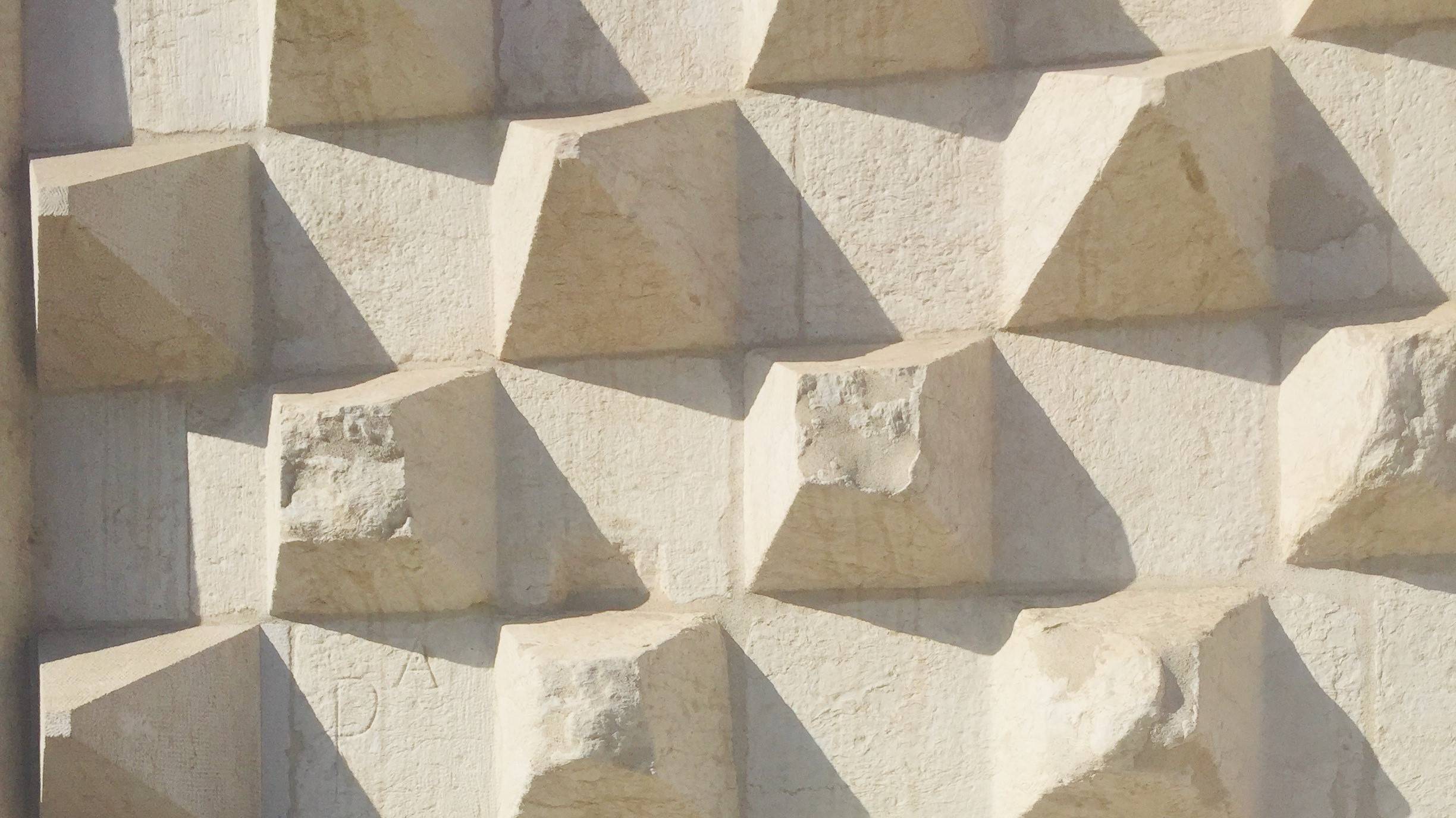 Medieval and Early Modern Exchanges
Medieval and Early Modern Exchanges

Our long-standing medievalist strengths include work by Jane Gilbert on transnational medieval Francophone cultures (the outcome of a collaborative AHRC grant awarded in 2011), Catherine Keen’s prize-winning research on Dante, Erin Goeres’ work on commemorative skaldic verse, Haki Antonsson’s research on Old Norse and Jennifer Rushworth’s major 2017 study of Petrarch and the Literary Culture of 19th Century France. Our renowned Centre for Early Modern Exchanges, led by Alexander Samson and Lisa Sampson, maximizes the concentration of early modernists within and outside the SELCS-CMII across the Faculties of Arts and Humanities (A&H) and Social and Historical Sciences (SHS) (across Architecture, Economics, English, History and History of Art), runs regular seminars and hosts visiting researchers such as Leonardo Carrió Cataldi (Newton International Fellow), who is developing work on early modern science and technology.
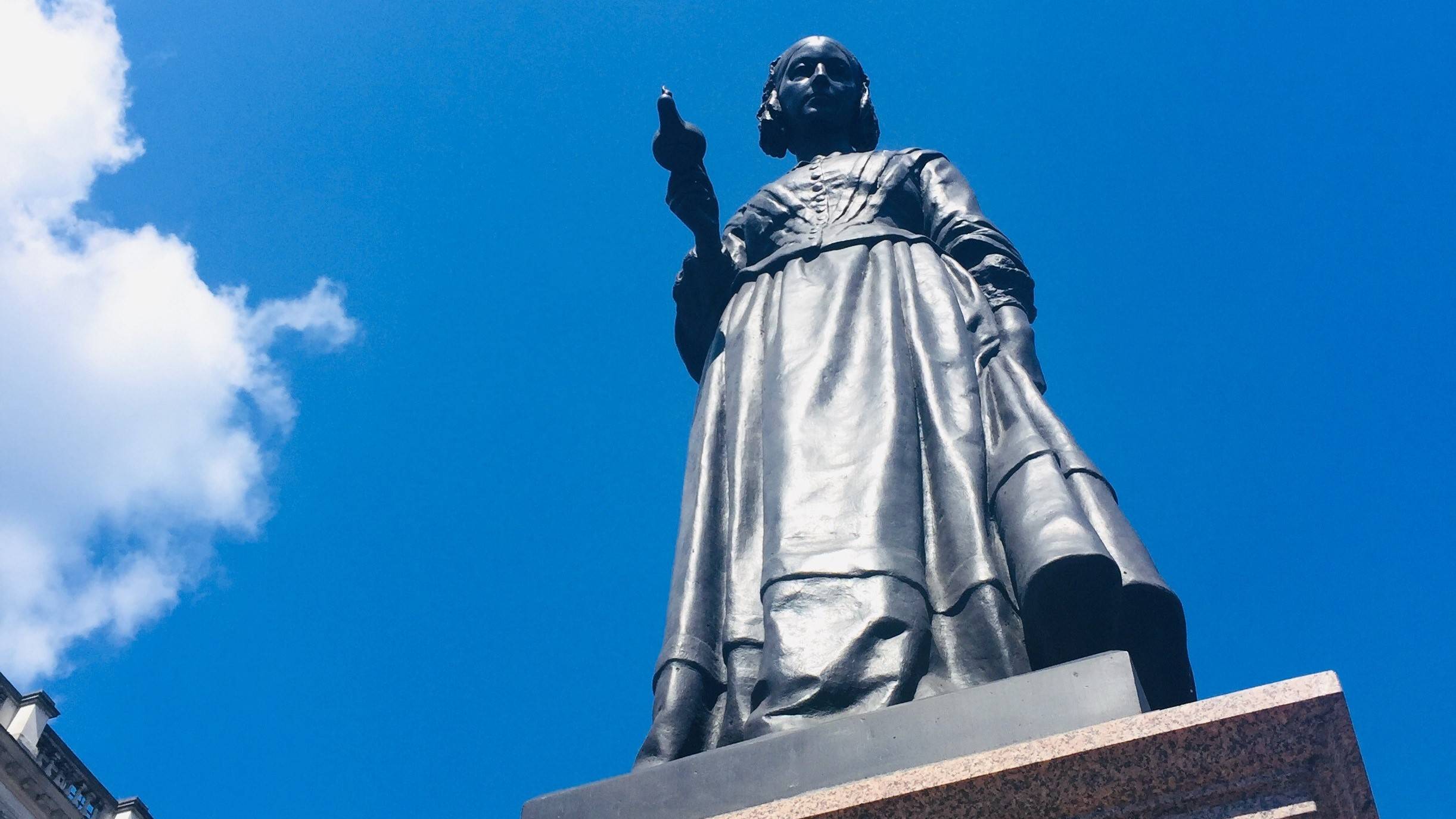 Critical Theory, Psychoanalysis, and Philosophy of Health
Critical Theory, Psychoanalysis, and Philosophy of Health

Our researchers study individual thinkers and currents in continental philosophy and postcolonial studies worldwide. They have produced major studies of Hélène Cixous (Mairead Hanrahan’s 2014 Cixous’s Semi-Fictions received a commendation in the R. Gapper book prize competition 2015) and Frantz Fanon (notably, Haddour’s 2019 Frantz Fanon, Postcolonialism and the Ethics of Difference and Batchelor’s 2017 edited volume Frantz Fanon Across Continents and Languages). They have established a research centre dedicated to C.G. Jung’s correspondence and manuscripts, which is supported by funding from the Philemon Foundation, and led to a major critical edition of Jung’s correspondence with Erich Neumann and an eight-volume series of Jung’s Lectures at the Swiss Federal Institute of Technology from 1933-1941, published by and in press with Princeton University Press. Sonu Shamdasani (with James Wilson, UCL Philosophy) has also established an interdisciplinary Centre for Health Humanities, on health, illness and wellbeing which has published an inaugural open access volume Medical Humanity and Inhumanity in the German-Speaking World.
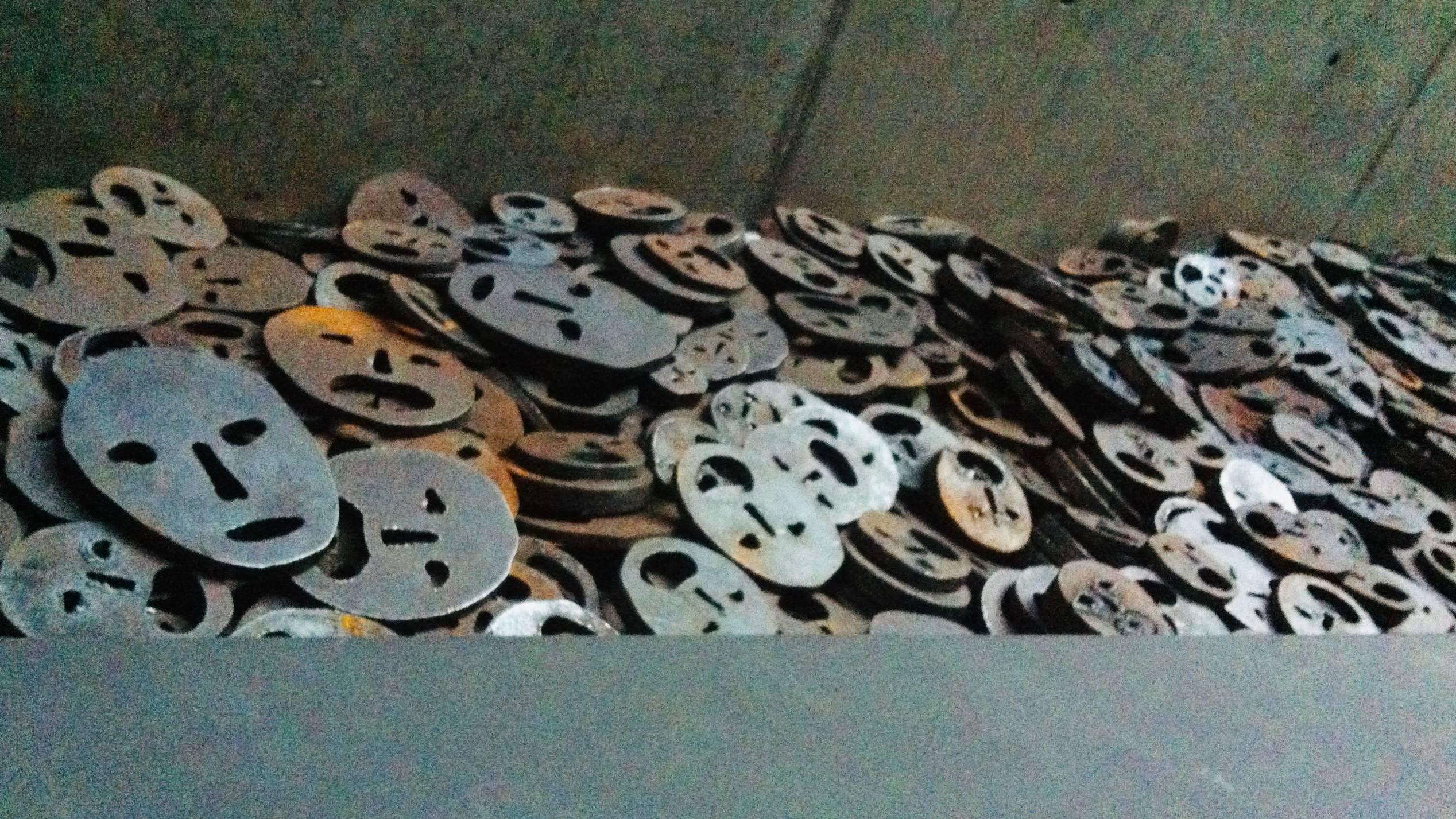
Transnational Histories and Global Politics
This world-leading grouping of social scientists and cultural studies scholars focuses on collective violence and the effects of globalization. Its researchers have been recipients of major funding awards from UKRI and have published 21 monographs since 2014. The 2011 AHRC-funded ‘Reverberations of War’ project has yielded ground-breaking works by Mary Fulbrook (Reckonings: Legacies of Nazi Persecution and the Quest for Justice) and Stephanie Bird (Comedy and Trauma in German and Austria after 1945), who are advancing this research with their £752k AHRC-funded project ‘Compromised Identities? Reflections on Perpetration and Complicity under Nazism’ (2018-21). Mark Hewitson’s research on the violence of war, supported by the Leverhulme Trust and AHRC, has resulted in numerous monographs, including Absolute War and The People’s Wars. James Connolly (The Experience of Occupation in the Nord) and Mart Kuldkepp (winner of the Hendrik Sepp Prize for Military History, 2020) have published work on occupation and liberation in France and the Baltic during the First World War, while Mererid Puw Davies has examined political violence and its reverberations beyond Europe (Writing and the West German Protest Movements, winner of the Institute of Germanic and Romance Studies annual book competition in 2013). Researchers in this cluster are also interested in transnational networks, regionalism, and globalization. Kathryn Batchelor, John Dickie, Azzedine Haddour, Brian Klaas, Claire Lindsay, and Alexander Samson have all examined in different recent books the ramifications of global travel, communication and exchange, or transnational networks within regions.
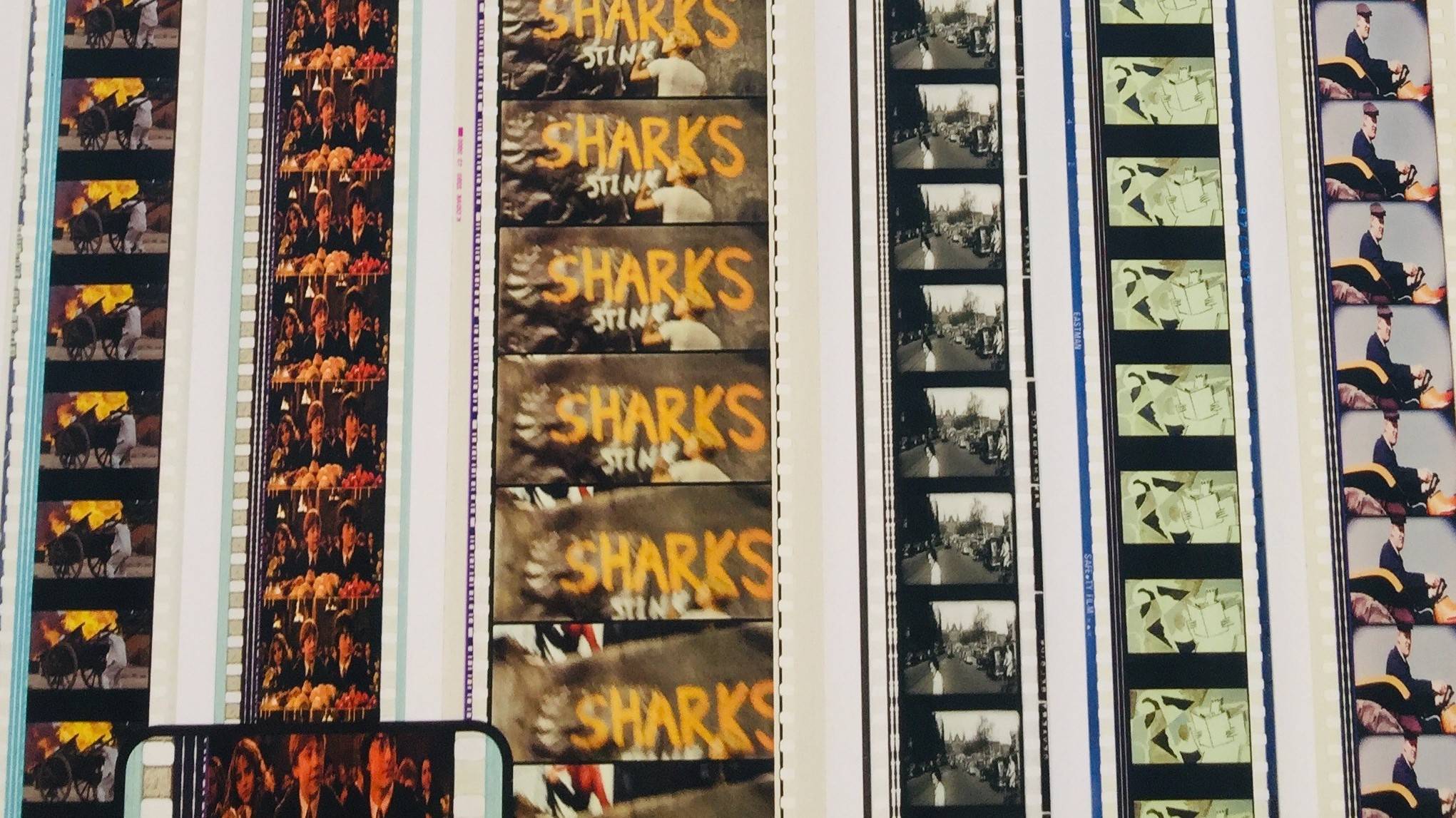
Film, Media and Screen Studies
Our researchers work in established and emerging areas of the discipline on fiction and non-fiction film as well as other media and visual forms such as television and photography. Our work here is distinguished by its emphasis on film and politics, film history, and the media’s relation to hierarchies of power, neo-liberalism, globalization and gender. We have particular strengths in the area of ‘useful cinema’ (Claire Thomson’s work on Danish public information cinema), the distinguished tradition of the study of national cinemas and auteurs (Deborah Martin has published the first monograph in any language on The Cinema of Lucrecia Martel, 2016) and research on unrealized films. Jo Evans’s Leverhulme-funded project ‘Luis Buñuel: A Life in Letters’ has produced two unparalleled volumes of the director’s correspondence in English and Spanish, published by Bloomsbury and Cátedra, which won the Premio Muñoz Suay 2019 for the best book on Spanish film; while Niall Geraghty was co-winner of the Latin American Studies Association Film Studies Best Essay prize 2020 for his essay 'Sonorous memory in Jonathan Perel's El predio (2010) and Los murales (2011)'. We have expertise in world cinemas and visual media including Lee Grieveson’s world-leading research on Anglophone cinema, state media and capital, which has resulted into major studies with University of California Press (Cinema and the Wealth of Nations: Media, Capital, and the Liberal World System) and three distinguished prizes, the Limina Award for Best International Film Studies Book and the British Association of Film and Television Studies awards for Best Essay (2014) and Best Monograph (2019).
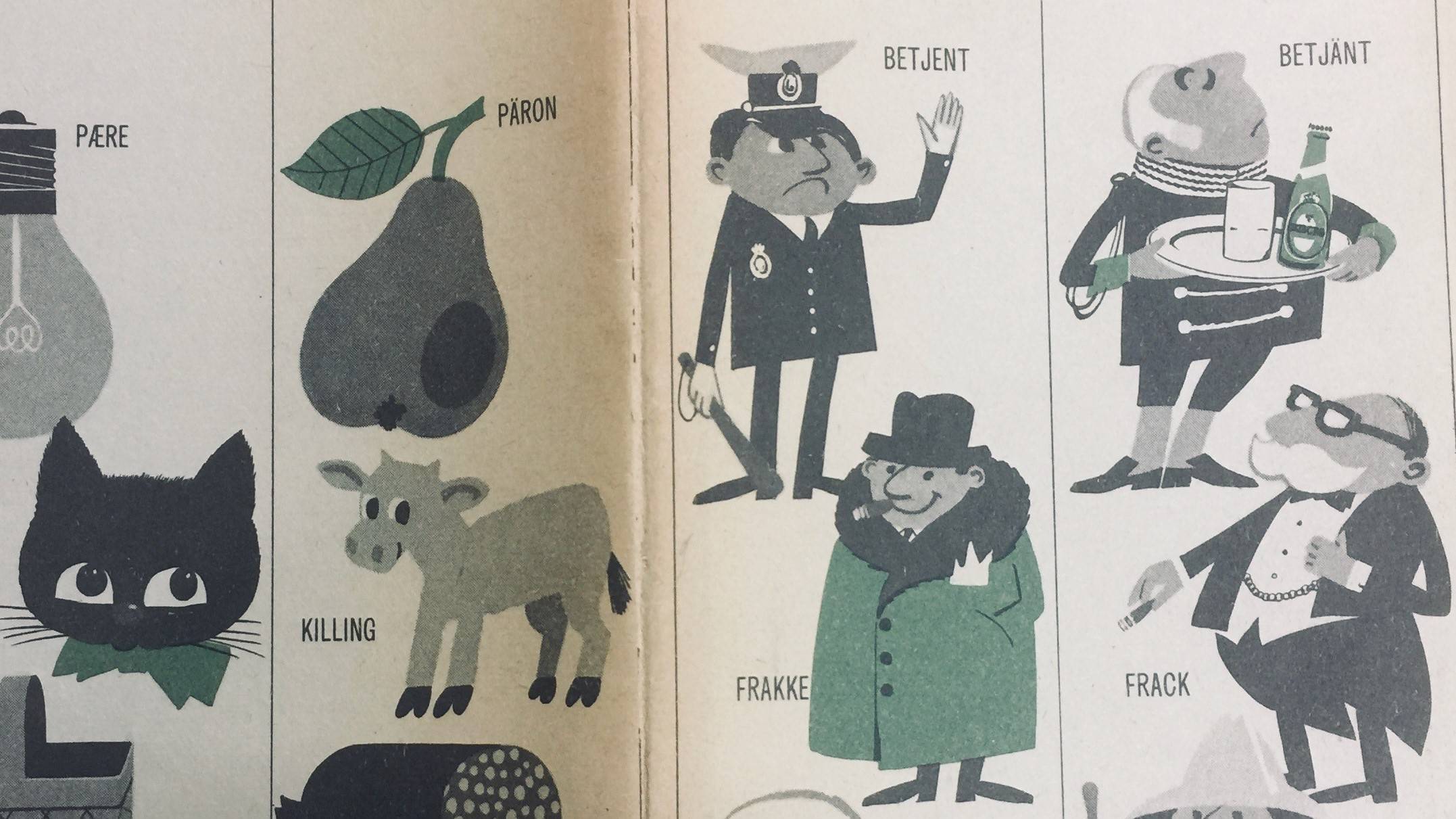 Translation Studies
Translation Studies

Research here ranges across the spectrum of translation studies, from historical, social, cultural, cognitive, theoretical and pedagogical aspects to the use of translation technology and audiovisual translation. Indeed, we have produced cutting-edge translation research that intersects with a range of other fields of study including healthcare communication, disaster management, literary and cultural studies, refugee and migration studies, accessibility studies, artificial intelligence, media studies, the creative arts and performance. Our work in this area has led to the establishment of international guidelines for subtitling (Jorge Díaz-Cintas) and collaborations with the capital’s theatres such as the Gate (Geraldine Brodie) and the Almeida (Judith Beniston). Researchers have also established pioneering interdisciplinary collaborations to support communication for health and/or crisis management in multilingual environments (Federico Federici). Research on translation theory and history has led to the publication of major studies by Kathryn Batchelor (Translation and Paratexts, 2018) and Geraldine Brodie (The Translator on Stage, 2018).
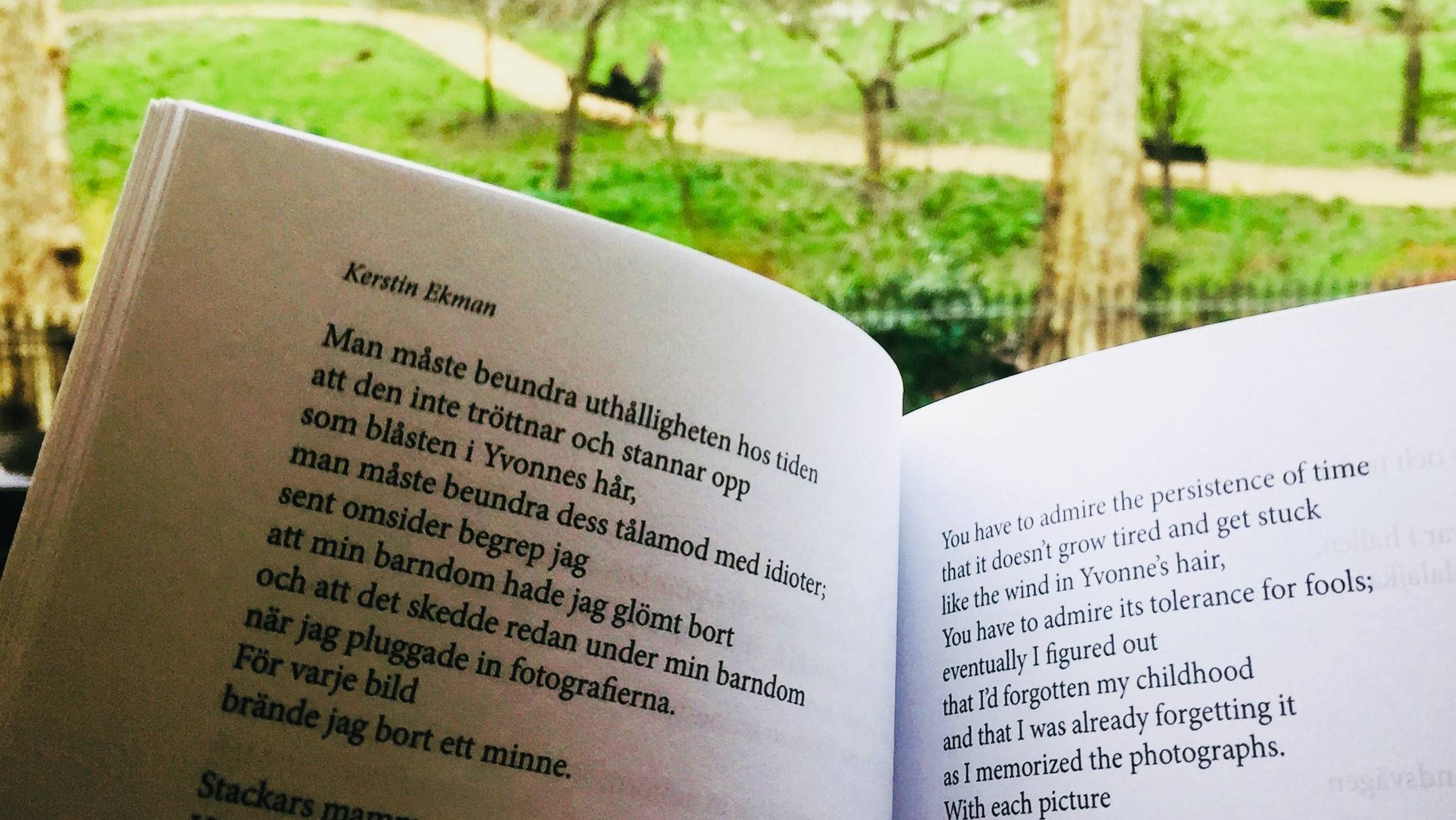 World Literature and Cultural Studies
World Literature and Cultural Studies

Researchers in this cluster, exploring modern and contemporary world literature from multiple geographical and cultural angles, are shaping the thriving cross-disciplinary field of study of Comparative Literature. Our unrivalled multiplicity of languages and strong connections to other UCL departments of Greek & Latin, Hebrew & Jewish Studies, School of Slavonic and Eastern European Studies (SSEES) and the nearby School of Oriental and African Studies (SOAS) place us in an idea position to forge collaborative research partnerships in this area and be attentive to different media. We have produced major comparative works (such as Susanne Kord’s Lovable Crooks and Loathsome Jews and studies with a focus on the transnational reception and circulation of literature across periods and cultures (Xiaofan Amy Li’s Comparative Encounters and Jennnifer Rushworth’s 2016 Discourses of Mourning). Our researchers have also probed the persistence of unique national and regional cultural traditions, often with a focus on collective memory and political critique (Patrick Bray’s The Price of Literature, Niall Geraghty’s The Polyphonic Machine, both 2019). The juxtaposition of local and global contexts, between and within these diverse projects, forms the basis for our shared engagement with the literary, which we view as an important locus of social critique and creative-critical innovation. This vision is expressed in Rachel Bowlby’s influential theoretical work (Everyday Stories; Talking Walking) and our ongoing exploration of creative-critical approaches in ethnography, autobiography and literary criticism.
 Close
Close

